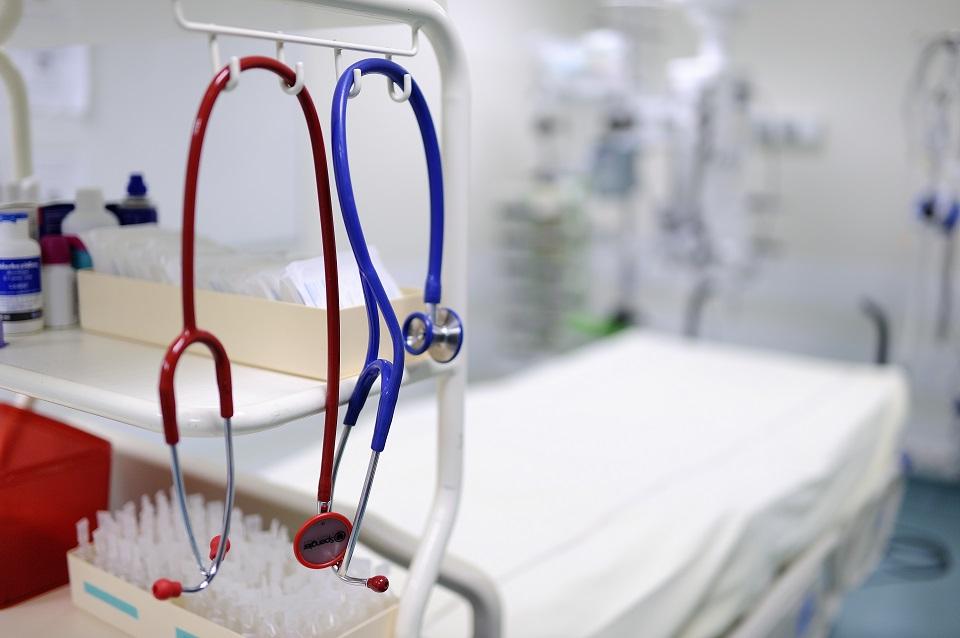Lung disease weakens cells for virus attack; Anemia tied to readmission

Here is a roundup of some of the latest scientific studies on the novel coronavirus and efforts to find treatments and vaccines for COVID-19, the illness caused by the virus.
Lung diseases worsen COVID-19 by altering airway genes
New findings shed light on why chronic lung diseases that block the airways - such as chronic bronchitis, emphysema and pulmonary fibrosis - increase patients' risks for severe COVID-19.
The diseases cause genetic changes in the epithelial cells that line the airways, making the cells more vulnerable to attack from the coronavirus, researchers reported on Wednesday in Nature Communications.
Laboratory studies of these cells found changes in their molecular makeup that likely make it easier for the virus to enter the body, make copies of itself, and trigger out-of-control immune responses that fill the lungs with fluid and cause severe organ damage.
The researchers, led by Nicholas Banovich at Translational Genomics Research Institute in Phoenix, were only able to examine cells from lung-disease patients without COVID-19 but said their "study highlights crucial areas for future research."
Anemia linked with rehospitalization
Anemia, a blood disorder characterized by a low red blood cell count, should probably be added to the list of risk factors for poorer COVID-19 outcomes, according to researchers who studied 374 COVID-19 survivors who were hospitalized and then released, with tests showing the virus was gone from their systems.
They found that 104 patients needed to be rehospitalized, and rates of moderate or severe anemia (as indicated by levels of hemoglobin, a protein in red blood cells that carries oxygen) were higher among the readmitted patients in the year before their COVID-19 diagnosis and while they were sick with the coronavirus.
The study, published in iScience, cannot prove that anemia caused or contributed to the readmissions.
Still, the research team from data analytics company conference in Cambridge, Massachusetts said the "robust association" of anemia with rehospitalization calls for research into whether anemia treatments might be beneficial in some cases. -- Reuters





